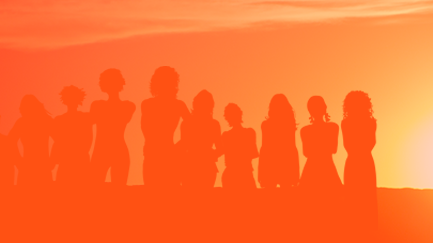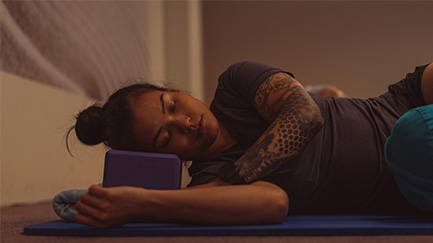Transitioning from the Australian Defence Force (ADF) into civilian life is a significant decision for any service man or woman and may involve impacts not only on the individual but also their family. While there may be unique challenges in this process, there is support available and no veteran is alone.
There are several challenges ex-serving ADF personnel may experience when transitioning and it’s important to understand that not every transition looks the same. The process can have impacts on various aspects of their life including changes in social and family situations, financial implications, and changes to the individual’s sense of identity.
There are roughly 5,000 ADF personnel discharged each year (62% are voluntary while 38% are for other reasons including medical separation).
Often those transitioning feel they do not have any control over their discharge process. If the discharge is for medical reasons this can lead to feelings of failure if, as a result of their injuries or illness, they are unable to meet the requirements of their job. Injuries can also impact the type of role they may be able to have in civilian life which can create additional feelings of loss and fear about their ability to support themselves or their family.
Discharge may have a significant impact on how a veteran sees themselves and this can create difficulties with their sense of self and identity. Even when the discharge is voluntary, the process can impact a veteran’s view of how much control they have over the situation. Feelings of shame and low self-esteem may result and can be a common catalyst to anxiety disorders and depression, as well as substance abuse and addictive behaviours as ways to cope with this.
To help those transitioning from the ADF to civilian life, or their families, Mates4Mates provides specialised support services for veterans. Useful support may be provided in the form of one-on-one therapy and/or participation in therapeutic groups, and focusing on creating social connection with others who may be going through similar experiences can also be supportive.
It may be important to first consult with a GP about specific treatment options and medication, where required.
RSL Queensland is also available to provide support to veterans for employment, DVA claims and advocacy, homelessness and crisis accommodation, and more.
Advice from a psychologist when transitioning:
1. Give yourself time. Think back to the enlistment process and think about how long it took you to be fully qualified and comfortable in your role. It will likely take time to transition from military life to civilian life. You don’t have to have it all figured out at once.
2. Remember thoughts and feelings are just that. They are not facts, and they are neither good nor bad. They just are. We don’t need to avoid feelings that are uncomfortable. It’s okay to sit back and non-judgementally observe what it is going on for yourself.
3. Engage in meaningful activity. Connect with others and do more of what feels good. Move your body; get out into nature. A simple way to engage in meaningful activity is to think about what is important to you and engage in activities that reflect this.
4. Talk to us about any challenges you may be experiencing. Whether it’s in-person or online, Mates4Mates psychologists, exercise physiologists, social workers, counsellors, and liaison officers are all able to support you through the challenges of transitioning. For more information or to book an appointment, call 1300 4 MATES.
Written by Tamsin Wallace, Mates4Mates Psychologist
References
Mental Health Changes Over Time: a Longitudinal Perspective: Mental Health and Wellbeing Transition Study. Canberra: Department of Defence and Department of Veterans’ Affairs.





